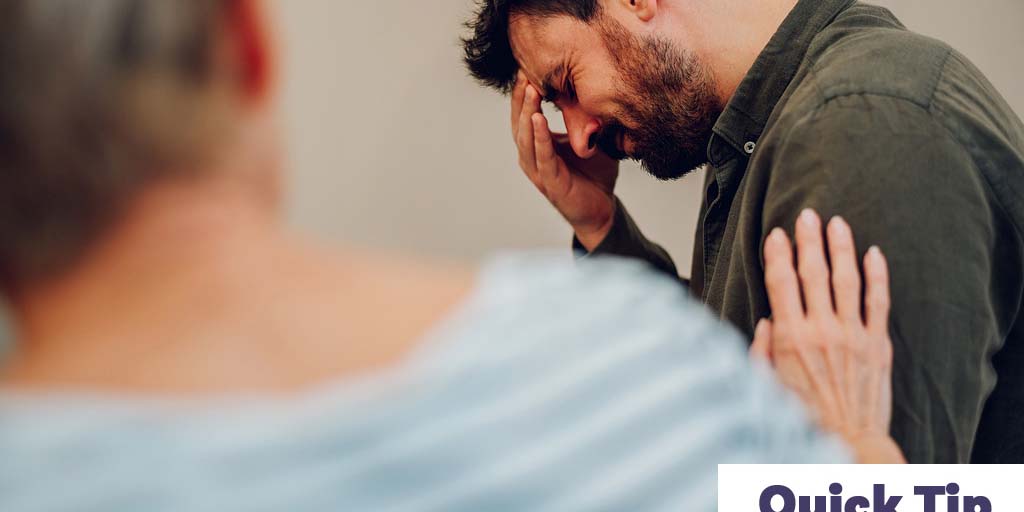
Smoking weed may seem like a relaxing habit, but it can become problematic over time. Whether you want to quit smoking weed for health reasons, financial reasons, or simply because you want to take control of your life again, it can be a challenge. In this article, we provide you with a comprehensive overview of how to successfully quit smoking weed, including tips, a timeline of expected withdrawal symptoms, and tools for professional help.
No shame in seeking help.
Why Quit Smoking Weed?
There are many reasons why someone might want to quit smoking weed. Regular weed smoking can lead to various health problems, such as the symptoms of long-term cannabis use we discuss below. It can negatively affect your life and relationships and change your character. Some people find that smoking weed destroys their life because the changes are so profound that you become, in a way, a different person, and your old life no longer fits your new identity and way of living.
Weed Withdrawal Symptoms
Are you considering quitting weed? Then you might experience various withdrawal symptoms, such as:
- Irritability
- Headaches
- Depression
- Anxiety
- Decreased appetite
- Insomnia
These weed withdrawal symptoms are temporary and usually subside after a few weeks. In the first few days, you might also experience intense dreams due to something called REM-rebound. With long-term use and sudden cessation, you will face the cannabis withdrawal syndrome.
Symptoms of Long-term Weed Use
Long-term weed use can bring about several unpleasant symptoms that can significantly affect your daily life. You might notice that you more frequently experience memory problems and have trouble concentrating. This is because THC can disrupt how your brain processes information. Additionally, you might become more emotionally unstable, with increased feelings of anxiety and depression.

Physically, you might also experience changes such as a decreased appetite and trouble sleeping. These symptoms can affect your energy levels and overall well-being, making it harder to meet your daily activities and obligations. Furthermore, long-term weed use can also cause visible changes in your appearance. You might notice that your skin looks duller and you suffer from acne more frequently. This is because weed can disrupt your hormones, affecting your skin condition.
Additionally, your eyes might often appear red and irritated, a result of the vasodilation that THC causes. You might also experience dry mouth, which can lead to gum problems and bad breath. All these changes can make you look more tired and less healthy, which can affect your self-confidence. Symptoms of long-term weed use are no joke. But if you quit weed, you can expect even more changes:
Cannabis Withdrawal Syndrome
Long-term exposure to cannabinoids can significantly change your brain. Regular weed smoking can lead to a decreased sensitivity of the cannabinoid (CB1) receptors in your brain. This means you need more "to get the same high" from weed, but also from the natural cannabinoids in your body, 2-AG and anandamide. These are substances you produce yourself (endocannabinoids) and are involved in pain perception, mood, appetite, and memory.
Anandamide
Anandamide is known as the "bliss molecule" for a reason. It plays an important role in regulating our mood and experiencing pleasure. It is released in large quantities when eating chocolate and experiencing the runner’s high. This is when you suddenly feel invincible during sports like running, which is where the feeling gets its name.

Have you ever experienced a runner’s high? Then you know what anandamide feels like!
When the effect of anandamide is reduced by long-term cannabis use, various symptoms can occur. For example, you might experience increased anxiety and stress. Additionally, depressive feelings can arise, and it can become more difficult to remember things or think clearly.
2-Arachidonoylglycerol (2-AG)
Another important endocannabinoid is 2-arachidonoylglycerol (2-AG). This substance is essential for your immune system, controlling inflammatory responses, and protecting your brain cells. When the effect of 2-AG is reduced, you might become more sensitive to pain and suffer more from inflammatory problems. Moreover, your immune system can be disrupted, leading to a higher risk of diseases and infections.
If you consume a lot of THC over a long period, the way your brain works changes because you become less sensitive to these substances. According to studies, cannabis withdrawal syndrome starts a few days after quitting and is usually largely over within two weeks to a month. However, the duration and severity of the symptoms can vary from person to person.
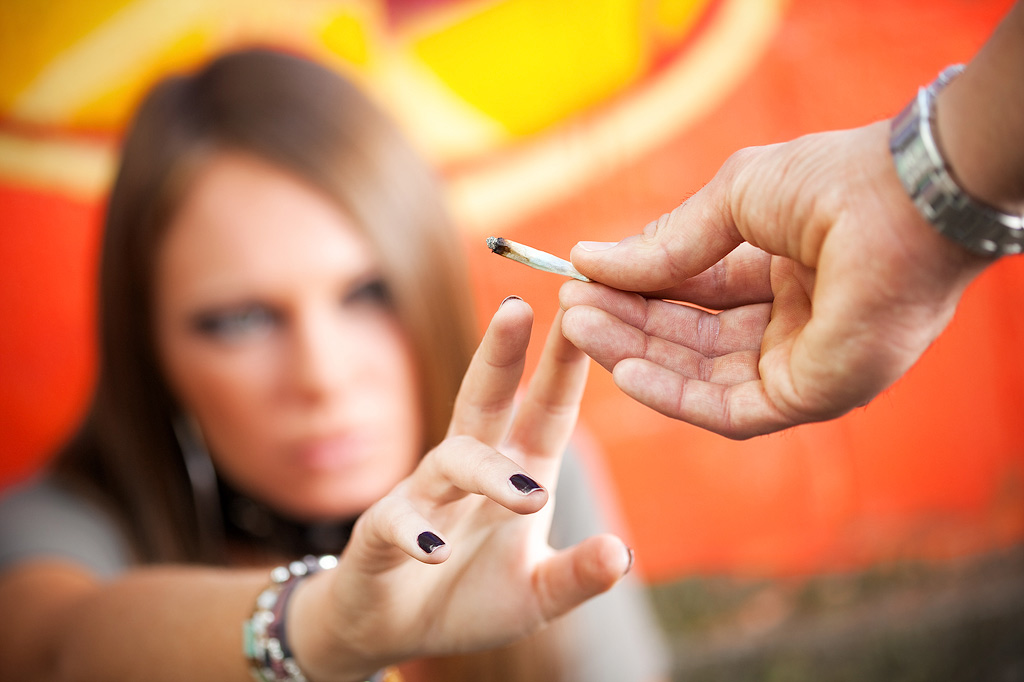
Withdrawal Symptoms of Cannabis
Quitting weed after long-term use is no fun. Look at this typical timeline of cannabis withdrawal:
- Within one week: You begin to experience withdrawal symptoms such as irritability, anxiety, and sleep problems.
- Within ten days: Withdrawal symptoms are at their peak during the first ten days.
- Within 20 days: After 20 days, withdrawal symptoms begin to subside.
- Within 28 days: After four weeks, the cannabinoid receptors in the brain return to their normal function, and withdrawal symptoms end.
These withdrawal symptoms make quitting weed difficult. That's why there's no shame in relapsing or seeking professional help.
How to Deal with Cannabis Withdrawal
There are various ways to reduce withdrawal symptoms. When consulting your doctor, some antidepressants such as Mirtazapine (Remeron) are prescribed to combat insomnia.
CBD can provide relief. By gradually switching to CBD instead of THC, you reduce the anxiety feelings that can accompany quitting.
Tips for Quitting Weed
Here are some useful tips to help you successfully quit weed:
- Set a clear reason: Know why you want to quit and keep this in mind.
- Seek support: Talk to friends and family, or seek help from an interventionist or a professional like a doctor or psychologist. You can also contact a clinic like Jellinek in the Netherlands, but each country has an addiction helpline.
- Avoid triggers: Stay away from situations and people that encourage you to smoke weed.
- Change your routine: Replace smoking weed with healthy activities like exercising or a new hobby.
- Be patient: Understand that it takes time to overcome an addiction.
Alternatives and Help from the Smartshop
It might seem contradictory, but there are ways to reduce drug use. With “drugs.” Fighting fire with fire is possible according to recent research, but you must know exactly what you are doing. We are, of course, talking about using psychedelics to help with addictions.
Mushrooms and Magic Truffles
Psilocybin, one of the active ingredients in mushrooms and truffles, is cautiously being applied in clinical circles to help with overcoming addictions. This always comes with psychological help because aimless tripping will usually not help you set priorities in life. More important than the substance, in this case, are the set and setting. The environment, your intended goal, and the person supervising your trip are crucial. Currently, addiction treatment with psychedelics is still in its infancy.
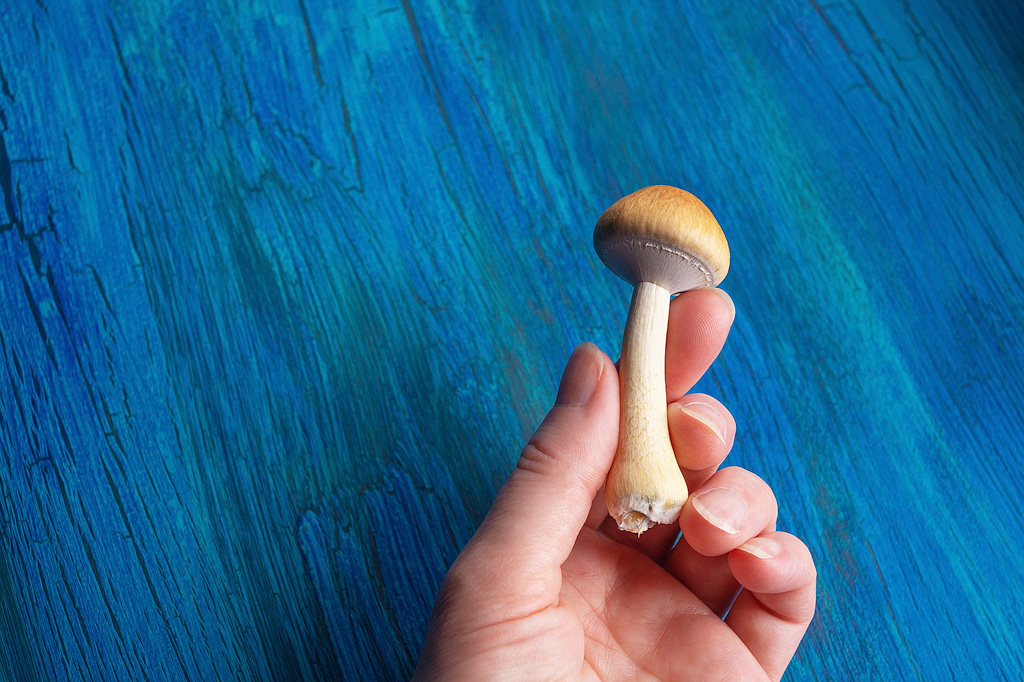
Quitting Smoking
If you only aim to stop smoking when using weed, there are plenty of alternatives. In order from less to more healthy:
- Smoke pure weed instead of joints (with tobacco). This way, you avoid becoming dependent on nicotine simultaneously.
- Use a bong. This way, you no longer burn rolling paper.
- Opt for a vaporizer. With vaporizing, you can often limit the temperature, releasing fewer harmful substances.
- Make edibles. Process your weed into treats like gummies or a space cake. This way, you completely spare your lungs.
- Make cannabis oil. If you also want to watch your sugar intake, cannabis oil is the best option to enjoy THC. Add healthy hemp seed oil instead of sunflower oil for a few drops of Omega 3’s.
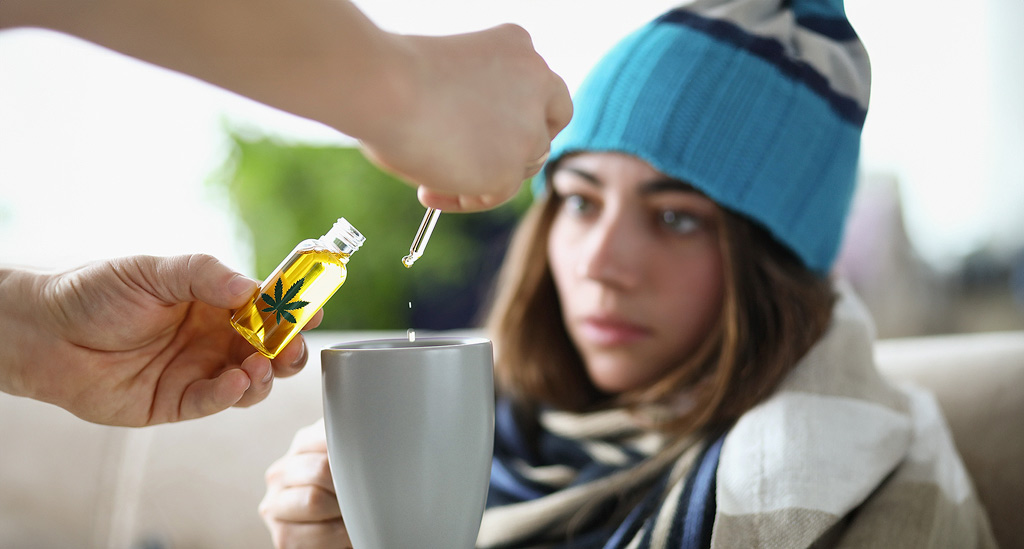
Benefits of Quitting Weed
The benefits of completely quitting weed include:
- Improved mental clarity and concentration
- Better physical health and more energy
- Saving more money
- Improved relationships and social interactions
Help with Addiction
If you find it difficult to quit, don't be afraid to seek help. Professional help can make all the difference. Organizations like Jellinek offer extensive support for people who want to quit smoking weed. They can help you with a customized treatment plan and guide you through the tough moments.
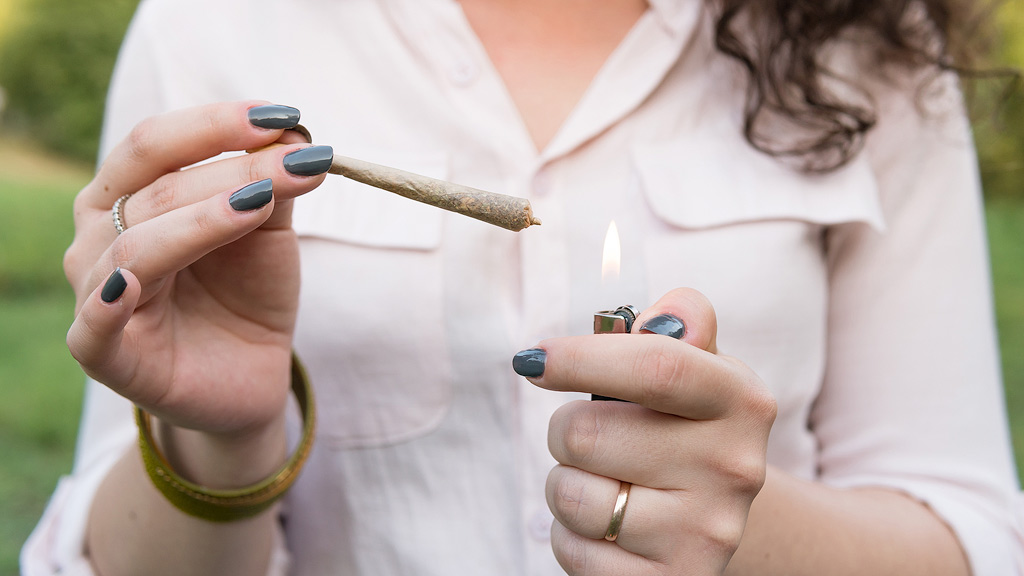
Quitting Weed after 20 Years
Quitting weed after long-term use, like quitting weed after 20 years, can be particularly challenging. However, it is never too late to quit and improve your life. With the right support and determination, recovery is just as possible as if you had smoked a joint every day for a month.
Why We Give Advice on Quitting Weed
At Dutch-Headshop, we understand cannabis use like no other. We stand for both the free use of soft drugs and their responsible use. Of course, we sell products with which you can smoke weed, but we also recognize our responsibility to inform you about the possible risks of long-term use.
By giving advice on quitting weed, we want to help you lead a more balanced and healthier life. Even if quitting is only temporary. You decide.
We know how cannabis can have a positive effect on many people's lives, but we are also well aware that it can lead to problematic use for some. Whether you are looking for ways to manage weed withdrawal symptoms or are interested in understanding how smoking weed can affect your life, we are ready to refer you to professional help.
Remember that quitting weed is a journey. It takes time, patience, and support, but the benefits are definitely worth it. Do you smoke weed every day now? Then it might be time to cut back or quit. Start today with your first step towards a healthier and happier life without weed.